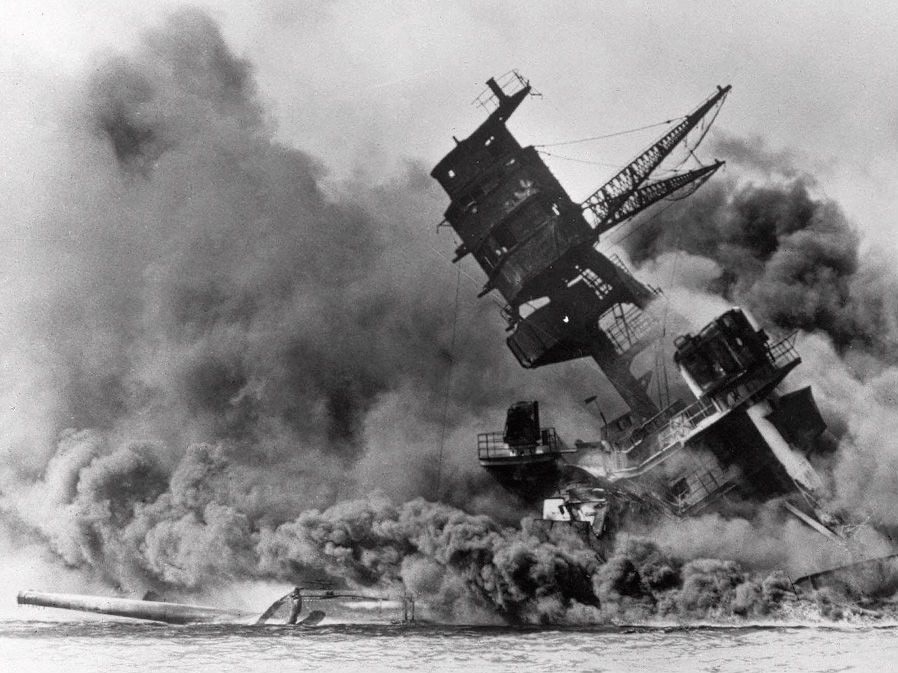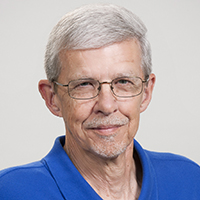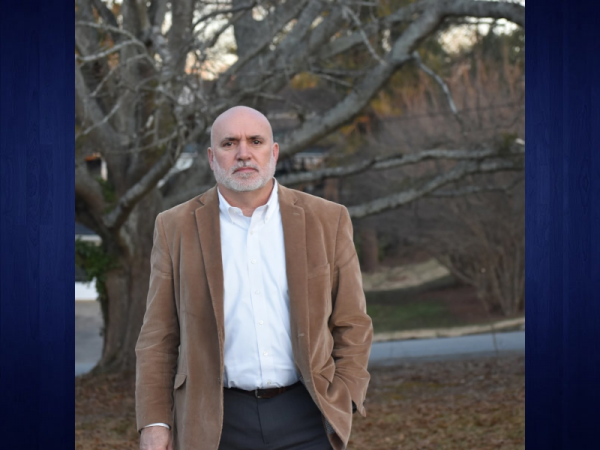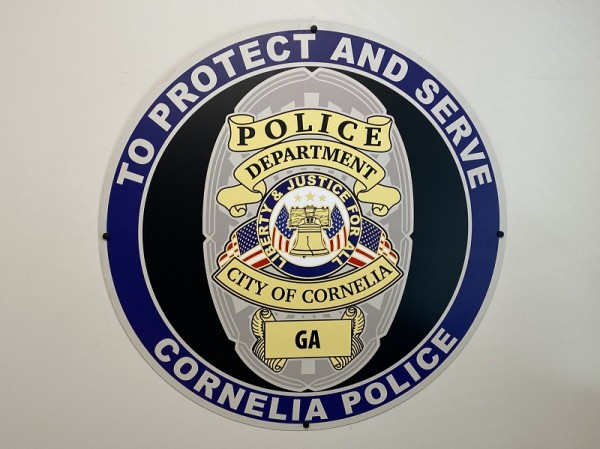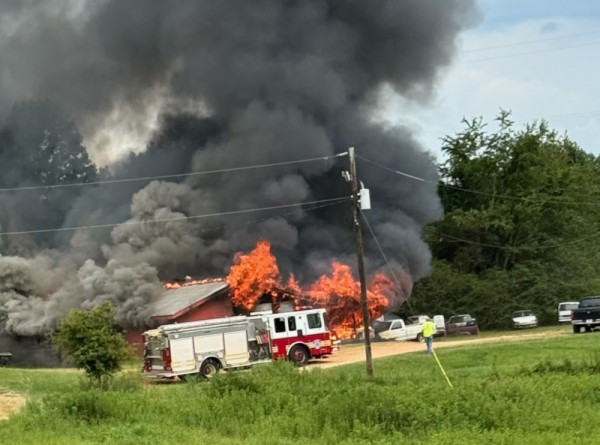It was 75 years ago today that the Japanese staged a surprise attack on U.S. forces at Pearl Harbor in Hawaii, plunging the United States into World War II, which had been raging in Europe for two years.Recently, four northeast Georgians recalled how they first heard about the attack and what happened in the days and months immediately afterward. Their ages ranged from 7 to 17 on December 7, 1941. These are their stories.
GEORGE PECK
George Peck is a retired General Motors worker who lives in Flowery Branch where he was born in 1927. Peck was 14 and living in Barnesville, Georgia, when the Japanese attacked Pearl Harbor.
"We had finished dinner, that's what we called the noon meal," he recalled one day last month. "I walked out to the edge of the yard and was standing next to a ditch when someone in the house hollered 'come in here, come in here!'"
When he went inside, he found the rest of his family was gathered around the radio and listening to word of the attack.
Despite what he was hearing, Peck says he didn't grasp the gravity of what was unfolding thousands of miles away in the middle of the Pacific Ocean - and what it was going to mean.
"We didn't dream of war, that we would be getting in the war," he said, adding he and his family were aware of the war in Europe which erupted in 1939 when Germany invaded Poland. But, what was happening in Hawaii made us "a littled worried and a little afraid."
Peck says he was aware that the United States and Japan had been in negotiations in hopes of averting hostilities between the two countries. So, he, like a lot of people, was caught completely by surprise by the attack.
The rest of that day was spent huddled around the radio.
"Not everyone had a radio in those days and we had neighbors who would come over (in the days and weeks after the attack) to keep up with what was going on."
The following day, a Monday, he went to school and "life went on."
Peck had an older brother, Charles, who had just finished technical school where he learned how to weld. He was also at home on Dec. 7, 1941, and left some time later for Hawaii, as a civilian, to "help clean up the mess" left behind by the Japanese attack. Asked if any family members tried to talk him out of going, Peck said "not as I recall but daddy may have." Peck's mother had died when he was 11.
Peck says he feels sure his brother would have been drafted had he not had a job the government considered crucial to the war effort. Charles ended up living the remaining years of his life in Hawaii, only returning to the Mainland and Georgia for brief visits. Peck and his late wife, Phoebe, made four trips to the Islands and he went one time by himself.
The war was over by the time Peck entered the service. He had dropped out of school after being stricken with Bright's Disease when he was in the eighth grade. "I missed so much schooling I just never went back."
He was drafted into the Air Force in 1946 and began his tour of duty on April 1 that year. "I was surprised that my history of Bright's Disease didn't disqualify me."
He was discharged "one year and 18 days" later when all draftees were discharged, he recalled. The Air Force was included in the draft at that time. And, he says, he is considered a veteran of World War II despite having entered the service after the fighting ended.
Peck, who is 89, remembers the "great feeling of togetherness" that followed the attack on Pearl Harber and the declaration of war, "something that is missing in this country today," he said wistfully.
BOB & CAROLYN HAMRICK
Bob Hamrick, a retired banker and a former Gainesville City Councilman and Mayor, was 13 at the time. He says he was at home in Woodstock with his parents when the tragic news was broadcast over radio that Pearl Harbor had been bombed by the Japanese "and much damage of property and lives taken had occurred."
He also recalls President Franklin D. Rooseve'slt speech shortly after the attack during which he famously declared that Dec. 7 was a day that would "live in infamy."
"Naturally, everyone was concerned about future efforts and began making plans for local Civil Defense activities and how individuals could participate," Hamrick said. "At church and school, prayers and Pledge of Allegiances were made each day."
He remembered that it seemed that just overnight systems were set up to accept volunteers for military service and others began to enter the draft.
"Training bases began to be constructed. An uncle and numerous cousins entered the service and would be stationed at foreign places. Everyone joined in the war effort and shared giving up things that would aid the military (and) each night families would assemble in a common place to listen to news updates about the war."
Carolyn Hamrick was seven and was living in Gainesville.
She says she heard the initial reports with her parents over the radio and, like everyone, they were "stunned and scared."
She had twin brothers, Boyd and Lloyd Ash, who volunteered soon after Pearl Harbor and served the entire time of the war in the South Pacific. Lloyd was wounded and Boyd contracted malaria and both spent time in hospitals..
Carolyn Hamrick says everyone would listen to news reports by radio every night. "People were afraid attacks would occur in the U.S. and families would have prayers each day for military personnel."
Civil Defense efforts were soon established with rationing of various products and blackouts were common at night.
"With the railroad in Gainesville, much military traffic was visible and convoys were present," she recalled. "Generally it was a tense time for everyone seeking information about those serving in service and the war effort."
Vaughn Woodring, who ives in the West Hall area, was a 17-year-old high school student when Pearl Harbor was attacked. At the time, he lived on a farm in the East Hall area and attended Airline High School.
"I went to church that day (it was a Sunday) with a friend and then went to his house," Woodring recalled. "Afterward, we went to my house and I first heard about the attack from my sister. My reaction was 'what is Pearl Harbor?'"
Woodring, a retired insurance agent, said he and his family stayed glued to the radio for most of the rest of the day as more details about the attack emerged.
The next day he went to school and that's where he hard President Roosevelt's speech declaring war on Japan while calling the day before "a day that will live in infamy."
"The principal had brought a radio to school. He put it in an open window in his office and everybody gathered around to listen to the speech."
Woodring said at the time he didn't know what the word "infamy" meant. "I had never heard it. It was a new to to me, more or less. But I later realized what it was and the historical significance of it."
Woodring, who served in the Navy from 1943-1946, had three brothers. The oldest, Arnold, was going to trade school in North Carolina and joined the Army "pretty soon after Pearl Harbor." Woodring said Loy, who was two years older than he was, also served in the Army. The third brother, Evan, was the youngest. He had been born in 1936 and joined the Air Force after the war was over.
In fact, Vaughn Woodring said he and a friend had tried to join the Air Force but were turned down "because we didn't have enough math skills." But, he said, although he really wanted to serve he wasn't "too upset" and it wasn't long before he heard that all branches of the military were looking for people, "so, I dropped out of school in 1943 and joined the Navy."
Has he ever regretted not finishing high school?
"Not really. I was ready to go."
He said no one in his family pressured him to go into the service or not to enlist.
Between the time the war started and the time he entered the Navy, he would help with scrap metal collections. The metal that was collected in such drives all over the country was used to help make the machinery used to fight the war. He also recalled the rationing of certain products, such as gasoline and sugar, but said other than that his family didn't face too many hardships and shortages related to the war. "Because we lived on a farm, we grew or raised a lot of what we needed."
Asked to sum up his feelings about Dec. 7, 1941, Woodring paused, shook his head and said "It was a sad day."
(Click here to read more about Pearl Harbor Day and the 75h anniversary of the attack.)
(Click here to read the story that appeared in the New York Times the next day.)


